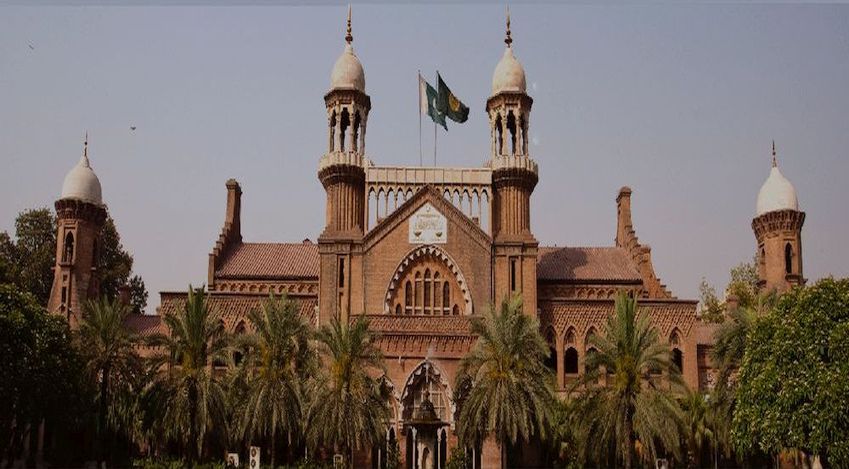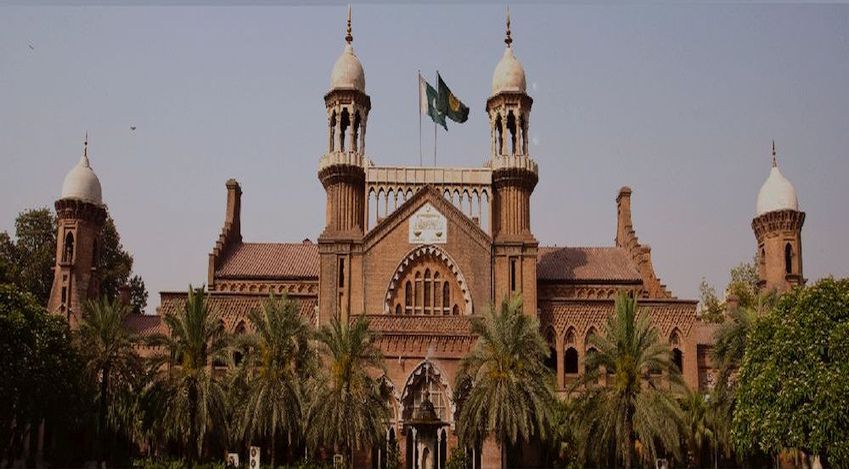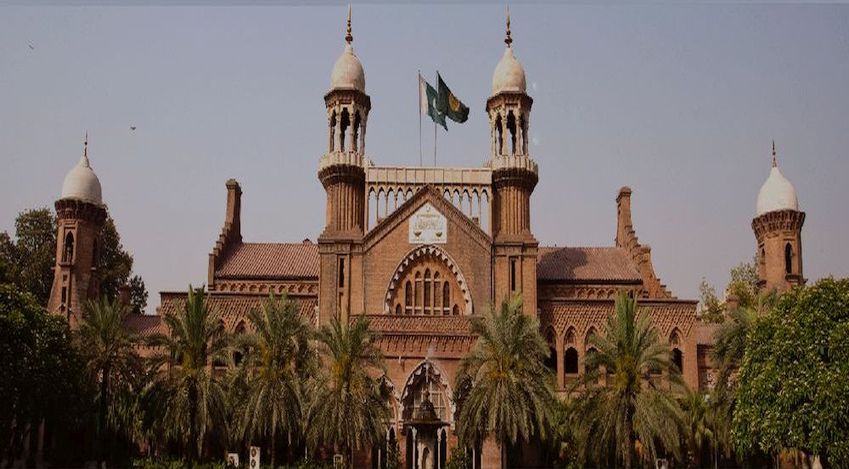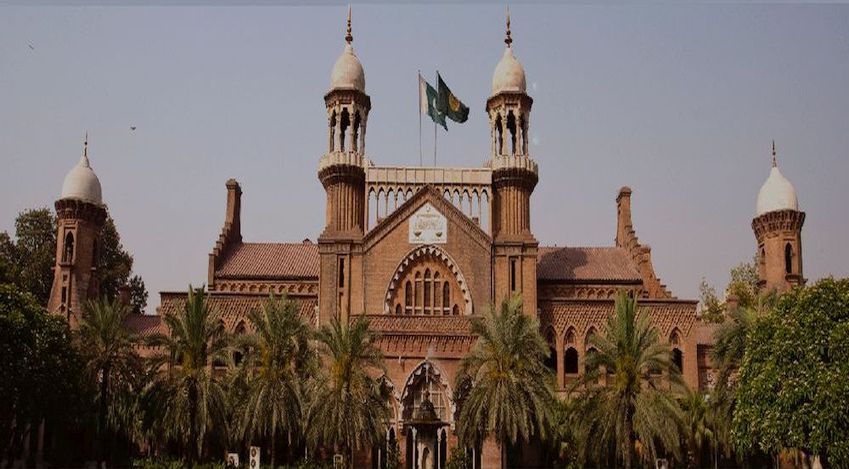The Issuance of Show Cause Notices under provision of Sales Tax Act, after 15 Years of the Original Period, is without Legal Basis and violates the Principle of Statutory Limitation --- Lahore High Court, Lahore
Islamabad 07-10-2024: In a significant ruling, the Lahore High Court, Multan Bench, quashed show cause notices issued by the Federal Board of Revenue (FBR) to M/s. Mehr Dastgir Leather & Footwear Industries (Pvt.) Limited after a prolonged delay of 15 years. The Court declared the proceedings to be ultra vires and beyond the jurisdiction of the issuing authority due to non-compliance with the statutory limitation period, while emphasizing the importance of fairness, transparency, and adherence to legal procedures by the tax authorities.
The judgment, delivered by Mr. Justice Shahid Karim, stemmed from a constitutional petition filed by the company challenging multiple show cause notices issued under Section 10(3) and 11(2) of the Sales Tax Act, 1990, read with Rule 37 of the Sales Tax Rules, 2006. The impugned notices were issued after the FBR condoned the time limit under Section 74 of the Sales Tax Act, 1990, but failed to finalize assessment proceedings within the condoned period.
The Court observed that the delay in issuance of the show cause notices was unwarranted and not justified by any exceptional circumstances as required under Section 74. The judgment stated that “The issuance of these show cause notices, almost 15 years after the original period, is without legal basis and violates the principle of statutory limitation”.
The judgment extensively analyzed the powers conferred on the FBR under Section 74 of the Sales Tax Act, 1990, which allows for condonation of time limits in extraordinary cases. However, the Court highlighted that such powers must be exercised with caution and supported by rational and reasonable grounds. The judgment pointed out that the FBR failed to provide any reasonable explanation for the delay, thereby rendering the condonation and subsequent notices invalid.
The Court referred to the Supreme Court’s decision in Federal Board of Revenue through Chairman, Islamabad and others v. Abdul Ghani and another (2021 SCMR 1154), which set a precedent by emphasizing the need for transparency and fairness in the exercise of administrative powers. Mr. Justice Shahid Karim stated that Section 74 cannot be interpreted as a carte blanche for the FBR to condone any time limit without providing specific reasons, as such discretion would lead to unbridled and unchecked powers.
Mr. Justice Shahid Karim further observed that the show cause notices were issued as a counterblast to the petitioner-company’s legitimate attempts to claim refunds that were previously approved by the Supreme Court. The Court held that the department’s actions were tainted with mala fide intent, as it unjustly delayed the refund process and instead initiated proceedings on matters already adjudicated by the Courts.
“The actions of the department are clearly an abuse of process and indicate a mala fide intent to harass the petitioner-company. The issuance of the show cause notices contradicts the finality of the Supreme Court’s decision, which is binding on all Lower Courts and administrative bodies,” noted Mr. Justice Shahid Karim.
In its final order, the Lahore High Court struck down and quashed the impugned show cause notices. The Court directed the respondent-department to process the refund claims of the petitioner-company within the next three months. The decision comes as a relief to the petitioner, reaffirming the principle that statutory limitation periods must be respected and that taxpayers should not be subjected to unjustified delays and harassment.
Powered by Froala Editor








